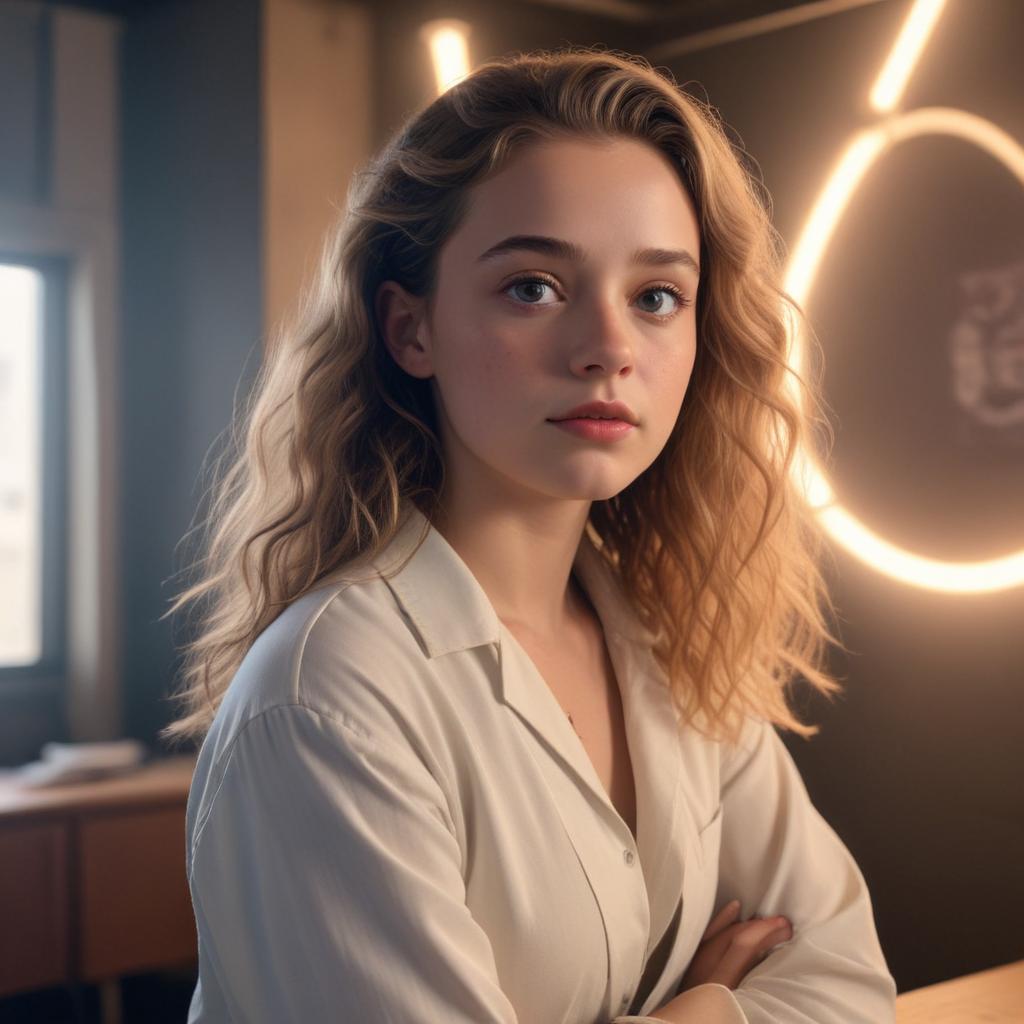An AI-generated "actress" named Tilly Norwood has ignited a firestorm in Hollywood, drawing fierce backlash from human actors who fear job displacement and the unauthorized use of their work to train AI models, despite the creator's claims that it's just "art."
The emergence of "Tilly Norwood," an artificial intelligence-generated character created by Eline Van Der Velden's startup Particle6, has sparked a major controversy within the entertainment industry. Tilly, who poses as a Gen Z influencer on Instagram pursuing an acting career, recently posted about her ability to perform diverse roles in mere seconds, boasting, "Find yourself an actress who can do it all." This provocative content, coupled with reports of talent agents considering signing Tilly, triggered an outpouring of criticism from human actors, including notable figures like Sophie Turner, Cameron Cowperthwaite, Ralph Ineson, and Mara Wilson, who expressed outrage and concern over job security. Van Der Velden defended Tilly as a "creative work" and "piece of art," asserting she is not meant to replace human actors, drawing parallels to animation or CGI. However, this explanation has offered little comfort to actors who argue that AI models are trained on their existing performances without consent or compensation, potentially leading to their work being replicated without payment. This fear was a central point of contention during the 2023 Hollywood writers' and actors' strikes, which resulted in agreements with major studios regarding AI usage, though these don't prevent other AI tools from generating similar content. The broader issue of AI infringing on intellectual property is also leading to legal battles, with companies like Disney, Universal, and Warner Bros. suing AI generators such as Midjourney for allegedly training on copyrighted material and producing unauthorized recreations. OpenAI has acknowledged these concerns, stating its Sora AI video generator will work with rights holders to manage content and offer public figures the option to opt out of having their likeness recreated. The debate over AI's role in creative industries continues to intensify, highlighting a fundamental conflict between technological innovation and the protection of human artistry and livelihoods.



